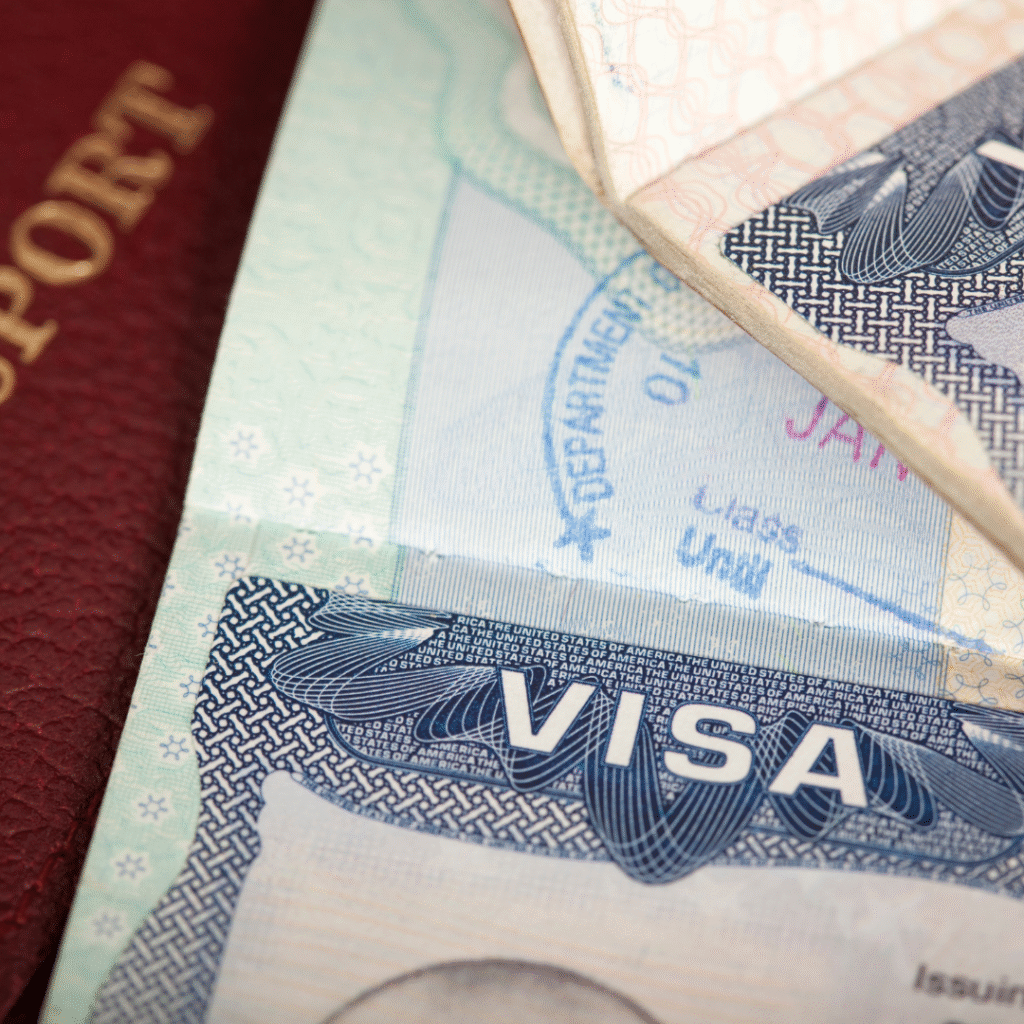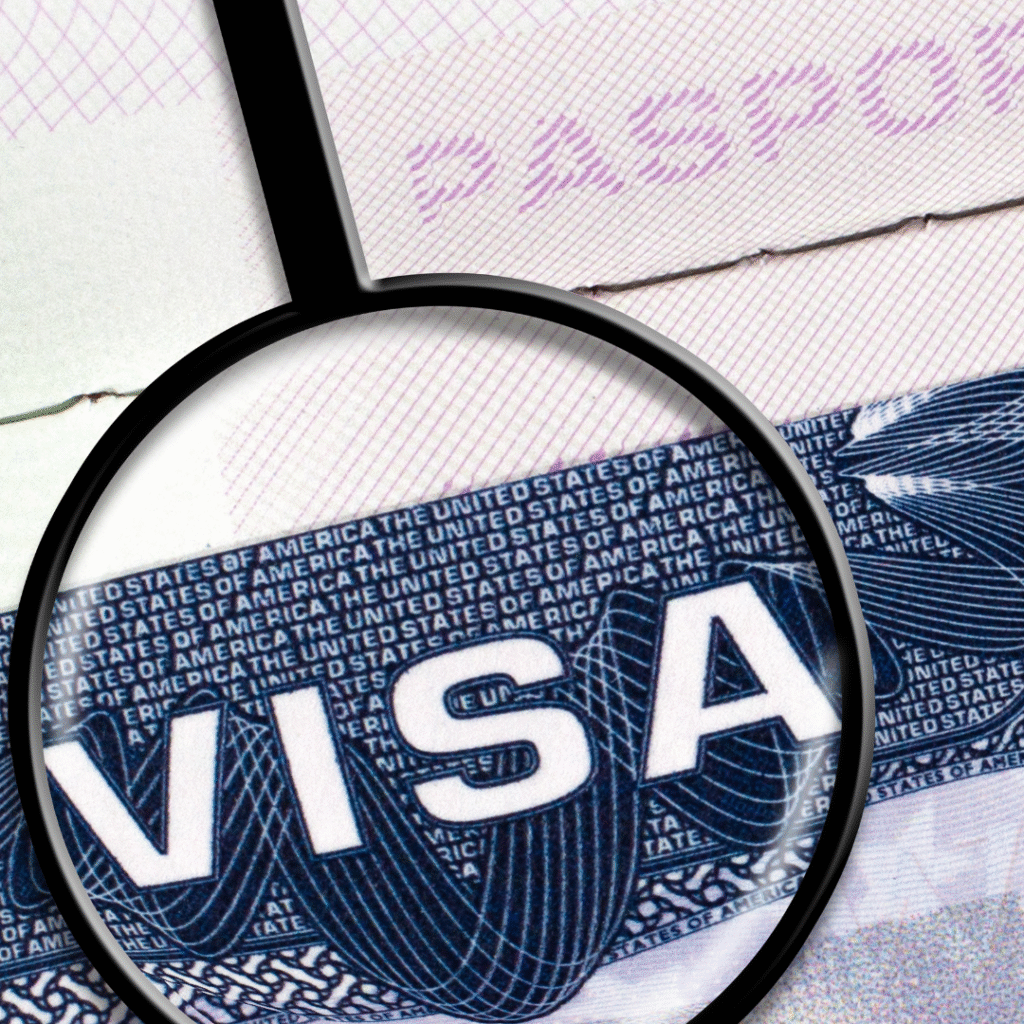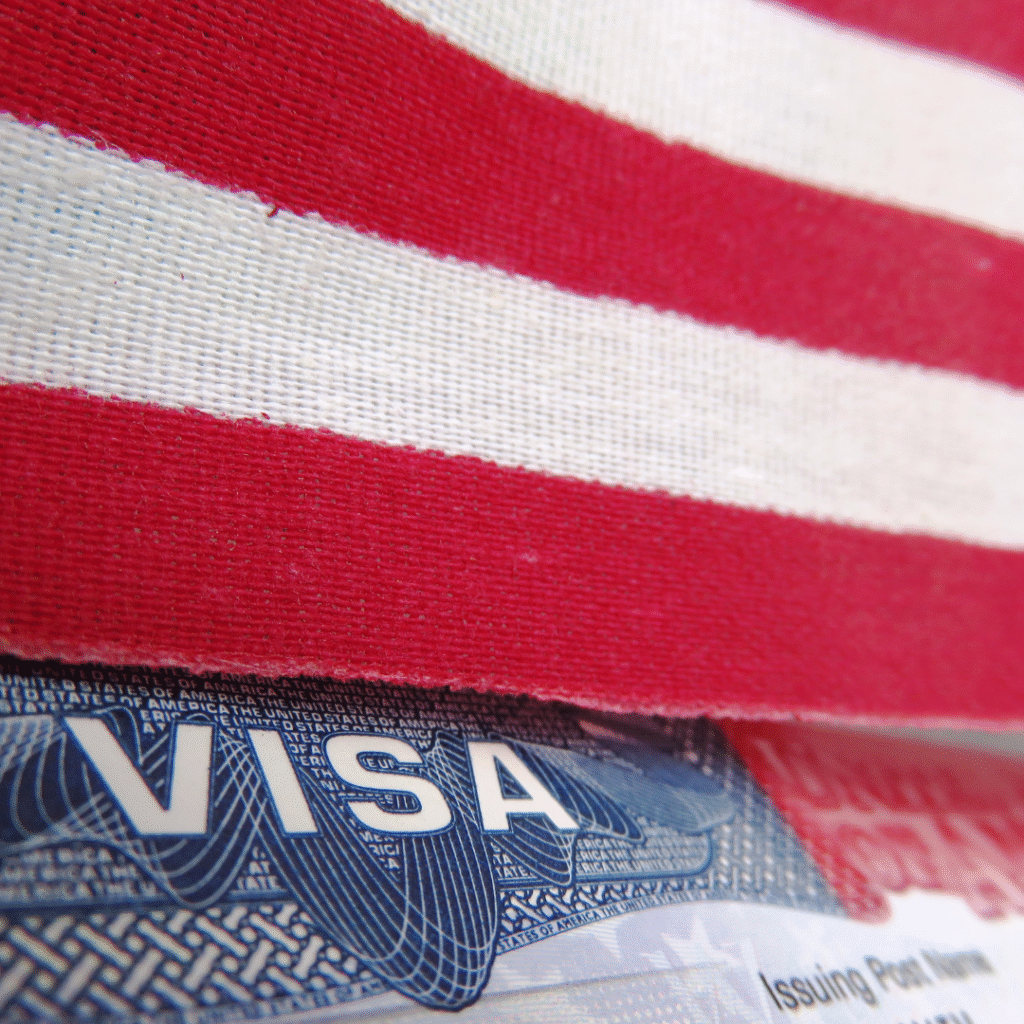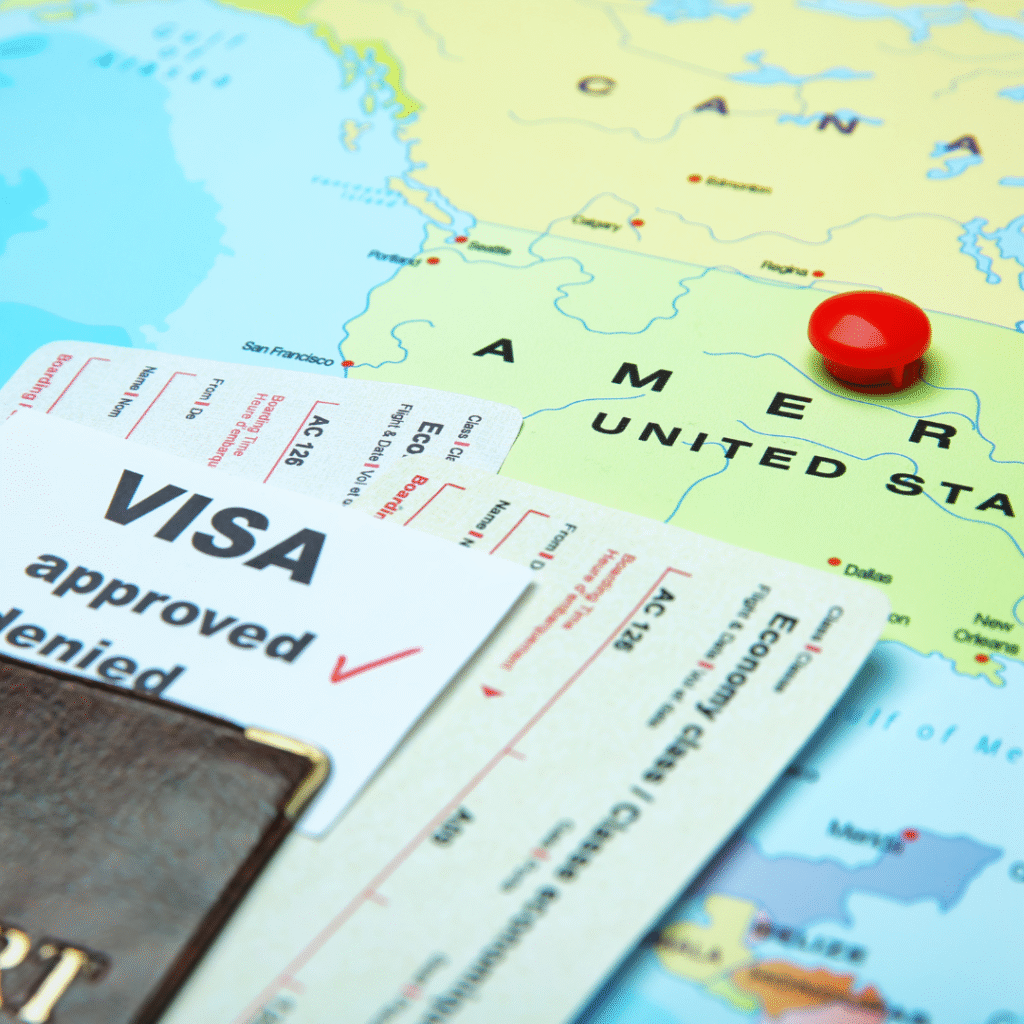- 6 Steps To Move Abroad
- Virtual & Physical Tours
- Relocation Consultation
- Relocation In a Box
- The Nomad Navigator | Total Digital Nomad Relocation
- The Immersion Journey | Student Visa & Language Program
- The Family Odyssey | Family Relocation Package
- The Golden Years Gateway | Total Relocation Package
- The Veteran’s Vantage | Total Relocation Package
- The Legacy Investor | Total Relocation Package
- The Founder’s Launchpad | Short-Term Entrepreneur Visa Package
- The Empire Builder | Total Relocation Package
- Contact Mood
- 6 Steps To Move Abroad
- Virtual & Physical Tours
- Relocation Consultation
- Relocation In a Box
- The Nomad Navigator | Total Digital Nomad Relocation
- The Immersion Journey | Student Visa & Language Program
- The Family Odyssey | Family Relocation Package
- The Golden Years Gateway | Total Relocation Package
- The Veteran’s Vantage | Total Relocation Package
- The Legacy Investor | Total Relocation Package
- The Founder’s Launchpad | Short-Term Entrepreneur Visa Package
- The Empire Builder | Total Relocation Package
- Contact Mood
- MOOD Travel Abroad City Guides:
- MOOD Travel Abroad Resources
- Guide to Types of Visas for US Citizens
- Cultural Adaptation and Integration
- Essential Apps for Your Life Abroad
- Investing in Abroad as a Foreigner
- Banking & Finance Resources
- A Realistic Packing List to Move Abroad: The Ultimate Downsizing Checklist
- The 3 V’s: Vision, Visas & Vitals — How to Narrow Down Your Expat Destination
- MOOD Travel Abroad’s Expat Financial Tool Kit: Expat Banking 101
- The Intentional Exploration Checklist: Unlock the Power of Travel to Transform Your Life
- MOOD Travel Abroad’s Universal Visa Document Checklist
- Best neighborhoods for Expats
- Navigating Healthcare Options
- The Cost of Living / Local Currency info
- The Real Cost of Living in Cali Colombia
- The Real Cost of Living in Puerto Vallarta, Mexico
- The Cost of Living/ Local Currency Information Colombia (Medellin, Santa Marta, Cartagena)
- The Cost of Living/ Local Currency Information Mexico (Playa Del Carmen, Merida)
- The Cost of Living/ Local Currency Information South Africa (Cape Town)
- The Cost of Living/ Local Currency Information Panama (Panama City)
- Best Times To Visit (Festivals & More!)
- Relocation Consultation
- Mood Events
- Colombia Events
- Roots & Routes Podcast Live Expat Chat Sign Up
- Black Expat Life Abroad LIVE Q+A
- Villas & Trip Enquiry
- On-Demand Webinars
- MOOD Travel Club
- MOOD Travel Experts
- MOOD Merchandise
- T-Shirt & A Trip
- MOOD Ebooks
- Mood Podcast
- Remote Job Opportunities
- Affiliate links / Partners
- Travel Agent Sign Up
- Affiliate Login
- Affiliate Registration
- Affiliate Dashboard
- Newsletter Signup


Guide to Types of Visas for US Citizens
- Home
- Guide to Types of Visas for US Citizens
Guide to Types of Visas for US Citizens
- Home
- Guide to Types of Visas for US Citizens
Columbia

Guide to Colombian Visas for U.S. Citizens (Black Expat Life Abroad)
Thinking about moving to Colombia? Whether you’re relocating to Medellín, Cartagena, or Bogotá, understanding the visa process is the first step to making your new life abroad stress-free. Below is a clear breakdown of the most common Colombian visa types for U.S. citizens, including requirements, paperwork, and tips to help you get started.
- Visitor Visa (Tipo V)
The Visitor Visa is best if you plan to stay short-term for tourism, business, volunteering, or study programs.
Common Uses:
- Tourism or cultural exchange
- Short-term business meetings
- Medical treatment
- Studying for up to 180 days
Requirements:
- Valid U.S. passport (6+ months validity)
- Roundtrip ticket or proof of onward travel
- Proof of sufficient funds (bank statements, credit cards)
- Application form submitted online via the Cancillería (Colombian Ministry of Foreign Affairs) website
Tips:
- Many U.S. citizens receive a 90-day entry stamp visa-free. You can extend up to 180 days per calendar year.
- If planning longer stays or business activity, a V visa may be better.
- Migrant Visa (Tipo M)
The Migrant Visa is ideal for expats who want to live in Colombia long-term but are not yet permanent residents.
Popular Categories for U.S. Citizens:
- M-1 Spouse Visa: If married to a Colombian citizen.
- M-3 Work Visa: Sponsored by a Colombian employer.
- M-5 Business Investor Visa: Investment in a Colombian company (usually $30,000+ USD equivalent).
- M-6 Real Estate Investor Visa: Real estate investment (~350 minimum monthly wages, approx. $90,000 USD).
- M-9 Student Visa: For formal studies in Colombian institutions.
- M-11 Retirement Visa: Proof of stable pension income (~3 times Colombian minimum wage, about $1,000 USD/month).
General Requirements:
- Valid passport
- Proof of income, employment contract, or marriage certificate (depending on visa type)
- Bank statements for 3–6 months
- Apostilled and translated U.S. documents (birth certificates, marriage licenses, income letters)
- Health insurance valid in Colombia
Tips:
- Migrant visas are usually valid for 1–3 years.
- After 5 continuous years (2 for marriage/partner visas), you may apply for a Resident Visa (R type).
- Resident Visa (Tipo R)
The Resident Visa is the pathway to permanent residency in Colombia.
Who Qualifies:
- Holder of a Migrant Visa for 5 years (or 2 years for marriage/partnership).
- Parents of Colombian children.
- Long-term investors in Colombia.
Requirements:
- Valid passport
- Migrant visa history (5 years proof)
- Apostilled documents proving family or investment ties
- Clean criminal background check (apostilled and translated)
- Proof of income or financial stability
Benefits:
- Valid indefinitely (must renew ID card every 5 years).
- Eligible to apply for Colombian citizenship after 2–5 years of residency.
Digital Nomad Visa (Subcategory of Visitor Visa)
Introduced in 2022, this is one of the most popular visas for U.S. expats working remotely.
Requirements:
- Proof of remote work with a foreign company (contract or letter)
- Income at least 3x Colombian minimum monthly wage (~$1,000 USD/month)
- Health insurance valid in Colombia
- Valid passport (6+ months validity)
Perks:
- Valid for up to 2 years
- No Colombian taxes required if income is from abroad
- Great option for freelancers, entrepreneurs, and remote workers
Key Paperwork Checklist for Colombian Visas
- Valid U.S. Passport (6+ months remaining)
- Completed online visa application (via Cancillería website)
- Recent passport-size photo (per Colombian requirements)
- Apostilled and translated U.S. documents (marriage, birth, income proof)
- Bank statements (3–6 months)
- Proof of health insurance valid in Colombia
- Payment of application fee (varies by visa type)
Tips for Black Expats Moving to Colombia
Language Prep: Most government processes are in Spanish. Consider a translator or bilingual lawyer.
Local Connections: Many Black expats find community in Medellín’s Laureles, Envigado, and Sabaneta, as well as Cartagena’s Afro-Colombian cultural hubs.
Legal Help: Immigration lawyers or relocation services (like MOOD Travel partners) can simplify the process and avoid rejections.
Financial Proof: Colombia places heavy importance on steady income proof, especially for retirement and investment visas.
Next Steps
- Research which visa best fits your situation (tourism, work, retirement, study, remote work).
- Gather paperwork early—especially apostilles from the U.S., which can take time.
- Apply online through the Cancillería Visa Portal.
Final Call
If you’re a Black American thinking of moving to Colombia, the visa process doesn’t have to feel overwhelming. With the right guide and support, you can navigate the system smoothly and start your new chapter abroad.
Mexico

Guide to Mexican Visas for U.S. Citizens (Black Expat Life Abroad)
Mexico has become one of the most popular destinations for Black expats looking for culture, affordability, and community abroad. Whether you’re drawn to Mexico City, Mérida, or the beaches of Playa del Carmen, understanding the Mexican visa process is the first step toward building your new life.
This guide breaks down the main types of visas available to U.S. citizens, including requirements, paperwork, and helpful tips to simplify the process.
- Tourist Visa (Forma Migratoria Múltiple – FMM)
Most U.S. citizens do not need a visa to enter Mexico for tourism. Instead, you receive an FMM card (visitor’s permit) upon arrival.
Duration:
Typically granted for up to 180 days, but immigration officers may grant fewer days depending on your travel plans.
Requirements:
- Valid U.S. passport (6+ months validity recommended)
- Completed FMM form (available on the plane or online)
- Proof of return/onward travel
- Proof of funds if requested
Tips:
- Overstaying the FMM can lead to fines.
- The FMM is not a work permit. For longer stays, consider a Temporary Resident Visa.
- Temporary Resident Visa (Residente Temporal)
The Temporary Resident Visa is one of the most common visas for expats and digital nomads.
Duration:
- Valid from 1 to 4 years. Renewable annually, then extended up to 4 years.
- After 4 years, you can transition to Permanent Residency.
Who Qualifies:
- Retirees or individuals with sufficient monthly income
- Remote workers (not officially a “digital nomad visa,” but many use this option)
- People with family ties in Mexico
- Property owners with significant investment in Mexican real estate
Requirements (Financial Solvency Route):
- Valid U.S. passport
- Recent passport-size photos
- Completed visa application
- Proof of steady income ($2,600 USD/month) or savings ($43,000 USD average in bank for 12 months — amounts vary slightly by consulate)
- Bank statements and/or pension proof (notarized or consulate-specific format)
Paperwork Needed:
- Original and copy of passport
- Visa application form
- Bank/income statements (last 6–12 months)
- Proof of address in the U.S.
Tips:
- Apply at a Mexican consulate in the U.S. — you cannot usually switch directly from a tourist FMM.
- Financial requirements differ by consulate; check before applying.
- Permanent Resident Visa (Residente Permanente)
The Permanent Resident Visa is for long-term expats who want to live in Mexico indefinitely.
Who Qualifies:
- Retirees with significant pension or savings
- Immediate family of Mexican citizens or permanent residents
- Temporary residents who have completed 4 years under that visa
- People who meet higher financial requirements
Requirements:
- Valid U.S. passport
- Completed visa application
- Proof of higher income ($4,300 USD/month) or substantial savings ($180,000 USD, varies by consulate)
- Family-based documents (marriage/birth certificates, apostilled and translated if U.S.-issued)
Benefits:
- Indefinite residency — no renewals required
- Eligible for Mexican work permits
- Pathway to Mexican citizenship (after 5 years, or 2 years if married to a Mexican citizen)
- Work Visa
If you plan to work for a Mexican employer, you need a Temporary Resident Visa with Work Authorization.
Requirements:
- Job offer from a Mexican company registered with immigration authorities
- Employer must initiate the process with INM (Instituto Nacional de Migración)
- Valid passport
- Visa application form
- Proof of qualifications (degree, certifications, CV)
Tips:
- Once approved, you receive a residency card with work permission.
- Self-employment/remote work is generally handled under the Temporary Resident Visa (financial solvency) instead.
- Student Visa
For U.S. citizens studying in Mexico longer than 180 days.
Requirements:
- Letter of acceptance from a recognized Mexican educational institution
- Proof of sufficient funds for tuition and living expenses
- Valid passport and visa application form
- Proof of accommodation in Mexico
Duration:
Typically valid for the length of the program (renewable).
Paperwork Checklist for Mexican Visas
- Valid U.S. passport (6+ months validity)
- Completed Mexican visa application form
- Recent passport-sized photos (per consulate specs)
- Proof of income or savings (bank statements, pension letters)
- Proof of ties to Mexico (property deeds, family documents, school letters, or job offers)
- Apostilled and translated U.S. documents if required
- Visa fee payment (varies by type and consulate)
Tips for Black Expats Moving to Mexico
- Consulate Variations: Each Mexican consulate in the U.S. may have slightly different financial requirements. Always confirm with the one you plan to apply through.
- Spanish Documents: Official U.S. documents (birth, marriage, pension letters) often need to be apostilled and translated into Spanish.
- Community: Many Black expats find welcoming communities in Mexico City, Mérida, Puerto Vallarta, and Tulum.
- Legal Help: Immigration lawyers or relocation services can smooth the process, especially for family and investment visas.
Next Steps
- Decide which visa best matches your situation (tourism, retirement, remote work, family, study).
- Gather and apostille required documents in the U.S. before traveling.
- Apply at a Mexican consulate — appointments are required and can book up quickly.
- Once approved, finalize your residency process in Mexico within 30 days of arrival.
Final Call
Moving to Mexico as a U.S. citizen is possible with the right visa and preparation. Whether you want to retire, work remotely, study, or reunite with family, Mexico offers multiple residency pathways
South Africa

Guide to Types of Visas for U.S. Citizens in South Africa (Black Expat Life Abroad)
South Africa is a popular destination for Black expats seeking culture, history, and opportunity. From Cape Town’s coastal beauty to Johannesburg’s urban energy and Durban’s Afro-Caribbean vibe, the country offers a unique blend of modern living and African heritage.
If you’re a U.S. citizen considering a move, understanding the South African visa process is essential. Below, you’ll find the most common visa types, requirements, and paperwork to help you plan your relocation.
- Tourist Visa (Visitor’s Visa)
Do U.S. citizens need a visa?
No. U.S. citizens can enter South Africa visa-free for up to 90 days for tourism, business, or family visits.
- Requirements at entry:
- Valid U.S. passport (at least 30 days beyond departure date)
- Minimum of two blank passport pages
- Proof of return or onward travel ticket
- Proof of sufficient funds for stay
- Limitations:
- No work or long-term stay allowed.
- Overstays can result in fines or bans.
- Temporary Residence Visas (Long-Stay Options)
If you plan to stay in South Africa longer than 90 days, you must apply for a Temporary Residence Visa before arrival at a South African consulate in the U.S.
- a) Work Visa
For U.S. citizens who want to work in South Africa. There are three main categories:
General Work Visa
Requires a job offer from a South African employer.
Employer must prove no qualified South African could fill the role.
Valid for the length of the employment contract (up to 5 years).
Critical Skills Work Visa
For professionals in high-demand fields (IT, engineering, healthcare, science, etc.).
Does not require a job offer initially, but you must secure employment within 12 months.
Can lead to permanent residency after 5 years.
Intra-Company Transfer Visa
- For U.S. employees being transferred to a South African branch of a multinational company.
- Valid up to 4 years.
Paperwork Needed:
- Passport (valid at least 30 days beyond intended stay)
- FBI background check (apostilled)
- Proof of qualifications (degrees, certifications)
- Employment contract or job offer letter
- SAQA (South African Qualifications Authority) verification of foreign degrees
- Medical and radiological reports
- b) Business Visa
For U.S. entrepreneurs investing in South Africa.
- Requirements:
- Minimum investment of ZAR 5 million (~$270,000 USD) in a South African business.
- Must create jobs for South African citizens.
- Detailed business plan required.
- c) Study Visa
For U.S. citizens enrolling in South African universities, colleges, or schools.
Requirements:
- Acceptance letter from a registered South African institution
- Proof of sufficient funds for tuition + living expenses
- Proof of accommodation
- FBI background check
- Medical and radiological reports
Duration:
Valid for the length of study program.
- d) Relative’s Visa
For U.S. citizens with immediate family members who are South African permanent residents or citizens.
Requirements:
- Proof of family relationship (birth or marriage certificate, apostilled)
- South African citizen/resident must prove ability to financially support applicant
- e) Retired Person’s Visa
For U.S. retirees wishing to settle in South Africa.
Requirements:
- Proof of a guaranteed lifetime pension, retirement account, or investment income of at least ZAR 37,000/month (~$2,000 USD).
- FBI background check
- Medical reports
Duration:
Renewable every 2–4 years.
- f) Volunteer Visa
For U.S. citizens working with NGOs, charities, or social projects in South Africa.
- Requirements:
- Acceptance letter from registered South African NGO
- Proof of financial means (or NGO sponsorship)
- Medical and background checks
- Permanent Residency Options
Permanent residency is available after holding certain visas for 5 years or more.
- Pathways include:
- Critical Skills Work Visa holders (after 5 years)
- Spouses/partners of South African citizens or permanent residents
- Retirees with guaranteed lifetime income
- Investors with long-term commitments
General Paperwork Checklist (All Long-Stay Visas)
- Valid U.S. passport (2 blank pages, 30+ days after departure)
- Completed visa application form (BI-1738)
- Recent passport photos
- FBI criminal background check (apostilled, less than 6 months old)
- Birth/marriage/divorce certificates (apostilled)
- Medical & radiological reports (within 6 months)
- Proof of financial means (bank statements, pension, employment contract)
- Proof of accommodation in South Africa
- Consular fees (varies by visa type)
Tips for Black Expats Moving to South Africa
- Apply Early: Visa processing can take 8–12 weeks at South African consulates in the U.S.
- Hire Legal Help: Immigration lawyers in South Africa can simplify paperwork.
- Community: Johannesburg, Cape Town, and Durban all have growing Black expat communities.
- Healthcare: Private healthcare is affordable compared to the U.S., but insurance is strongly recommended.
- Dual Citizenship: South Africa allows dual citizenship if formally declared, useful for long-term expats.
Next Steps
- Decide if you’ll move for work, retirement, study, or business investment.
- Gather apostilled U.S. documents before applying (FBI check, certificates).
- Apply at the South African consulate in the U.S. before your planned move.
- Connect with expat communities in Johannesburg, Cape Town, or Durban for support.
Final Word
South Africa offers multiple pathways for U.S. citizens to live, work, or retire abroad. Whether you’re pursuing a Critical Skills Visa for career growth, a Retired Person’s Visa for a peaceful lifestyle, or a Business Visa for investment opportunities, the country provides a structured process to help you relocate successfully.
Panama

Guide to Panamanian Visas for U.S. Citizens (Black Expat Life Abroad)
Panama has become one of the top destinations for Black expats looking for affordable living, a warm climate, and an established expat community. Whether you’re considering Panama City, Bocas del Toro, or Boquete, understanding the visa process is the first step toward making Panama your new home.
This guide explains the main visa options for U.S. citizens, including requirements, paperwork, and helpful tips to make the process as smooth as possible.
- Tourist Visa (Short Stay)
Most U.S. citizens do not need a visa to enter Panama for short stays. Instead, you’re given a tourist entry stamp at the airport.
Duration:
Typically 180 days (6 months), though sometimes fewer days are granted.
Requirements:
- Valid U.S. passport (at least 6 months validity)
- Return or onward travel ticket
- Proof of sufficient funds (~$500 USD, via bank statement, cash, or credit card)
Limitations:
- You cannot legally work on a tourist stay.
- Extensions are rarely granted — for long-term living, apply for residency.
- Friendly Nations Visa (Most Popular)
The Friendly Nations Visa is the most popular residency route for U.S. citizens because it’s simple, affordable, and leads to permanent residency.
Who Qualifies:
- Citizens of “friendly nations” with Panama — including the United States.
Requirements:
- Valid U.S. passport
- Proof of professional or economic ties in Panama (choose one):
- Employment with a Panamanian company
- Ownership of a Panamanian business
- Property purchase in Panama
- Proof of economic solvency (bank account in Panama with at least $5,000 USD + $2,000 for each dependent)
Benefits:
- Eligible for Permanent Residency immediately.
- Option to apply for Panamanian citizenship after 5 years.
Paperwork Needed:
- Original passport + copies
- Background check from FBI (apostilled and less than 6 months old)
- Birth certificate (apostilled)
- Proof of professional or economic ties (employment letter, business documents, or property title)
- Proof of Panamanian bank account funds
- Marriage/birth certificates for dependents (if applicable, apostilled and translated into Spanish)
- Pensionado (Retiree) Visa
The Pensionado Visa is one of the most attractive retirement visas in the world.
Who Qualifies:
U.S. citizens with a lifetime pension or annuity of at least $1,000 USD/month (plus $250/month per dependent).
Requirements:
- Proof of lifetime pension (Social Security, government, or private company)
- Valid passport
- Background check (FBI, apostilled)
- Marriage/birth certificates for dependents (apostilled)
- Proof of income certification from a U.S. consulate or Panamanian consulate
Benefits:
- Permanent Residency from day one.
- Incredible discounts for retirees:
- 25% off airfare
- 25% off restaurant meals
- 15–20% off hospital bills
- 50% off movie tickets and entertainment.
Paperwork Needed:
- Passport + photos
- Proof of pension income (notarized, apostilled, translated into Spanish)
- FBI background check (apostilled)
- Proof of dependents (if any)
- Professional Employment Visa
For U.S. citizens who have a job offer in Panama.
Requirements:
- Panamanian company sponsorship (must comply with labor laws restricting foreign hires to max 10% of workforce)
- Valid passport
- Background check (apostilled)
- Work contract and letter from employer
- Degree or professional certification (apostilled and translated if U.S.-issued)
Duration:
- Temporary residency, renewable annually.
- After 2–3 years, you may transition to permanent residency.
- Investor Visas
Panama offers multiple residency options for U.S. citizens through investment.
- a) Real Estate Investor Visa
Minimum $300,000 USD property purchase (increasing to $500,000 after October 2024).
Must hold property in your name or via a Panamanian corporation.
- b) Reforestation Visa
Minimum $100,000 USD investment in approved reforestation projects.
Leads to permanent residency in 5 years.
- c) Qualified Investor Visa
$500,000 USD in real estate OR
$750,000 USD in Panamanian stocks or bank deposits.
Fast-track permanent residency in 30 days.
- Student Visa
For U.S. citizens studying in Panama for more than 90 days.
Requirements:
- Acceptance letter from a recognized Panamanian university or school
- Proof of sufficient funds for tuition and living expenses
- Valid passport
- Background check (apostilled)
Duration:
Renewable annually for the length of study.
Paperwork Checklist (All Visa Types)
- Valid U.S. passport (6+ months validity)
- Recent passport-sized photos
- FBI background check (apostilled, less than 6 months old)
- Birth and marriage certificates (apostilled + Spanish translation if needed)
- Proof of financial solvency (bank statements, pension, investments)
- Completed visa application forms
- Consular or lawyer’s assistance (highly recommended in Panama)
Tips for Black Expats Moving to Panama
- Hire a Lawyer: Panama’s immigration system is lawyer-driven. Most applications require a local attorney.
- Language: Spanish translations of all U.S. documents are required. Certified Panamanian translators only.
- Community: Panama City and Boquete have vibrant Black expat and Afro-Caribbean communities.
- Retirement Friendly: The Pensionado program is one of the world’s best expat retirement deals.
Next Steps
- Decide if you qualify best through Friendly Nations, Pensionado, or Investment routes.
- Gather all apostilled U.S. documents before traveling to Panama.
- Open a Panamanian bank account (needed for most visas).
- Work with a Panamanian immigration lawyer to submit your application.
Final Call
Panama offers one of the easiest residency pathways for U.S. citizens in Latin America. Whether you’re retiring, investing, or working remotely, there’s a visa that can help you settle in with ease.
